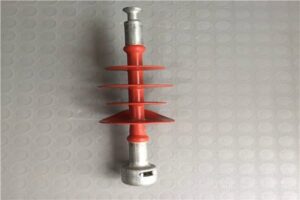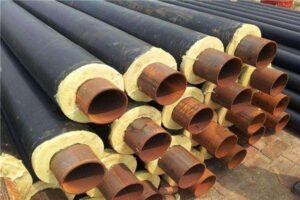An insulator is a material that does not conduct electricity well. It is characterized by its high resistance to the flow of electric current. Insulators are used in a variety of applications to protect people and equipment from the dangers of electrical shocks and to prevent the loss of electrical energy through unwanted currents.
There are two main types of insulators: electrical and thermal. Electrical insulators are materials that do not conduct electricity and are used to isolate electrical components and prevent the flow of electrical current. Thermal insulators, on the other hand, are materials that do not conduct heat well and are used to keep objects or substances at a particular temperature.
What Is Electrical Insulator?
Electrical insulators are typically made of non-conductive materials such as glass, rubber, and plastic. These materials have a high resistance to the flow of electric current and are used to insulate wires and cables, protect electrical components, and prevent the transmission of electrical energy. Some common examples of electrical insulators include the insulation around electrical wires, the rubber casing on electrical outlets, and the plastic casing on electrical appliances.

Electrical Insulator
What Is Thermal Insulator?
Thermal insulators are typically made of materials with low thermal conductivity, such as foam, glass wool, and mineral wool. These materials are used to prevent the transfer of heat between objects or substances, which helps to maintain a particular temperature. Some common examples of thermal insulators include the insulation in buildings and homes, the insulation around hot water pipes, and the insulation in refrigerators and freezers.

Steel pipe thermal insulation
Insulators are essential in many aspects of modern life, as they help to protect people and equipment from the dangers of electrical shocks and prevent the loss of electrical energy. They are also important for energy efficiency, as they help to reduce the amount of heat loss in buildings and appliances, which can save energy and reduce carbon emissions.
There are some limitations to the use of insulators, however. For example, electrical insulators have a limited ability to withstand high temperatures and may degrade or break down over time. They also have a limited ability to withstand mechanical stress, such as bending or crushing. Thermal insulators, on the other hand, may be less effective at higher temperatures and may not provide sufficient insulation in extremely cold temperatures.
Despite these limitations, insulators play a crucial role in a wide range of applications and are essential for the safe and efficient use of electricity and the control of temperature in a variety of settings. They are an important component of many everyday products and are essential for the safe and efficient operation of electrical systems and devices.




























